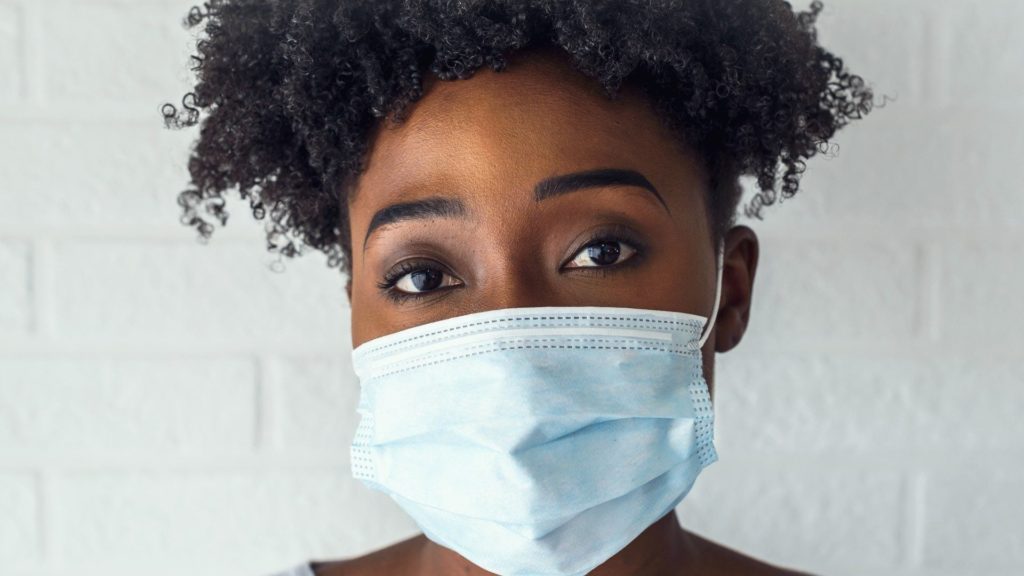
What do you need to know about COVID-19?
COVID-19 is a respiratory illness caused by an unknown virus. Symptoms include fever, coughing, a sore throat, and shortness of breath. The virus can spread from person to person. There is no treatment for COVID-19. Find out who is at risk and what you should do if you think you have COVID-19.
COVID-19 is a disease caused by an unknown form of coronavirus. It was first reported in December 2019 in Wuhan City in China. Coronaviruses are an extensive family of viruses that cause respiratory infections. These can range from the common cold to more serious diseases. Other coronaviruses include Middle East Respiratory Syndrome (MERS) and Severe Acute Respiratory Syndrome (SARS).
Symptoms of COVID-19 can range from mild illness to pneumonia. Some people will recover easily, and others may get very sick quickly. People with coronavirus may experience symptoms such as:
- fever
- respiratory symptoms
- coughing
- sore throat
- shortness of breath
Other symptoms can include runny nose, headache, muscle or joint pains, nausea, diarrhea, vomiting, loss of a sense of smell, altered sense of taste, loss of appetite, and fatigue. Early diagnosis means you can get the help you need and take steps to avoid spreading the virus to someone else.
The virus can spread from person to person through:
- close contact with an infectious person (including in the 48 hours before they had symptoms)
- contact with droplets from an infected person’s cough or sneeze
- touching objects or surfaces (like doorknobs or tables) that have droplets from an infected person and then touching your mouth or face
COVID-19 is an unknown disease, so there is no existing immunity in our community. This means that COVID-19 could spread widely and quickly.
People most at risk of getting the virus are:
- travelers who have recently been overseas
- those who have been in close contact with someone who has been diagnosed with COVID-19
- people in correctional and detention facilities
- people in group residential settings

People who are, or are more likely to be, at higher risk of serious illness if they get the virus are:
- people 50 years and older with one or more chronic medical conditions
- people 65 years and older with chronic medical conditions
- people 70 years and older
- people with chronic conditions or compromised immune systems
- people in aged care facilities
- people with a disability
Everyone must do the following things to slow the spread of COVID-19 and protect those who are most at risk:
- good hygiene
- physical distancing
- public gatherings
- isolation
If you have a mask, wear it to protect others. Stay at least 1.5 meters away from other people. Cover your coughs or sneezes with your elbow.
If you are experiencing any of:
- central or crushing chest pain lasting over 10 minutes
- unconsciousness or a seizure (fit)
- severe difficulty breathing or turning blue
- severe bleeding or inability to control bleeding with pressure
- sudden inability to move or speak, or sudden facial drooping
- the effects of a severe accident.
Call 911 immediately.
To stop the spread of COVID-19 people with even mild symptoms of respiratory infection should get tested. If you do not have any symptoms, still protect yourself and others.
